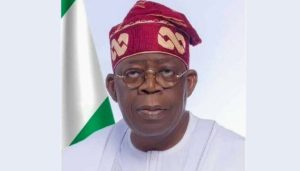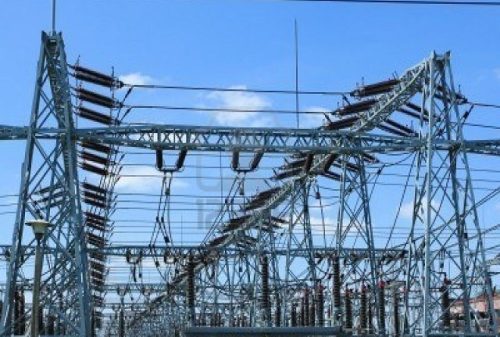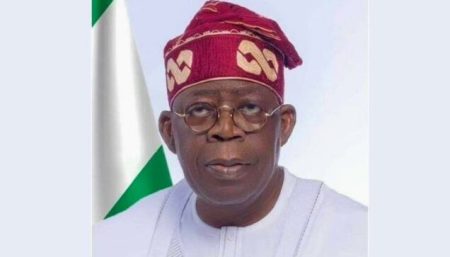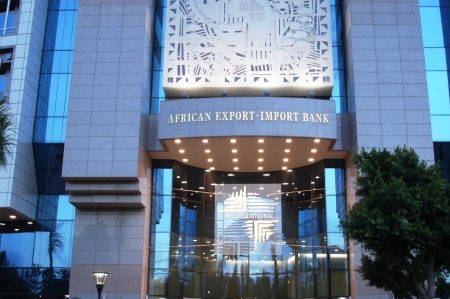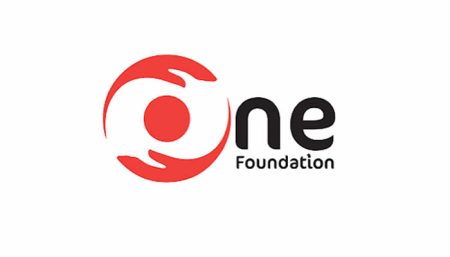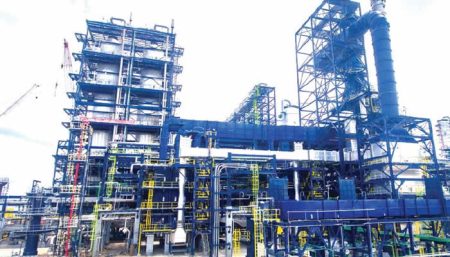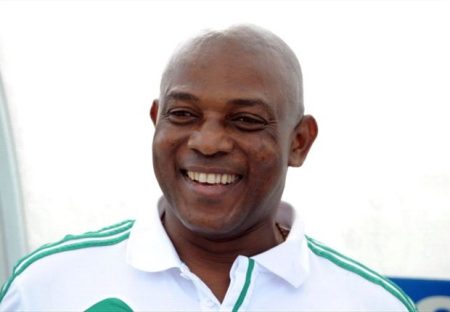The Nigerian electricity distribution sector experienced a substantial revenue shortfall in the first quarter of 2025, despite a significant increase in electricity billing. A comprehensive analysis of industry data reveals that the 12 distribution companies (Discos) billed a total of N761.91 billion during this period, yet only collected N559.3 billion, resulting in a revenue deficit of over N202 billion. This represents a collection efficiency of 73.4%, a stark contrast to the 79.1% efficiency recorded during the same period in 2024. Although the absolute amount collected increased compared to the previous year, the magnitude of the revenue loss more than doubled, raising serious concerns about the financial stability and operational efficiency of the sector.
This substantial revenue shortfall underscores the persistent challenges plaguing Nigeria’s power distribution network. While the Discos billed considerably more in 2025 compared to 2024, the inability to translate this increased billing into actual revenue collection highlights fundamental issues within the system. This disparity between billing and collection suggests inefficiencies in revenue assurance mechanisms, potentially exacerbated by factors such as energy theft, inadequate metering infrastructure, and billing disputes. The situation is particularly dire in the northern regions of the country, where collection rates are demonstrably lower, further accentuating the unevenness of power sector performance across the nation.
A breakdown of individual Disco performance reveals a wide spectrum of outcomes, with some companies exhibiting modest improvements while others continue to struggle with significant revenue gaps. Ikeja Electric, for example, billed the highest amount but experienced a shortfall of over N28 billion, representing a 22.1% loss. Similarly, Eko and Abuja Discos faced substantial shortfalls, highlighting the widespread nature of the revenue collection challenge. At the other end of the spectrum, Discos like Jos, Kaduna, and Yola recorded alarmingly high shortfalls exceeding 50%, exposing the acute challenges facing these companies and the communities they serve.
The Minister of Power, Adebayo Adelabu, expressed deep concern over the Discos’ “chronic underperformance,” attributing the revenue shortfall to a lack of investment in critical infrastructure, metering, and revenue assurance systems. This resonates with long-standing criticisms of the Discos’ operational efficiency and their ability to meet the demands of a growing electricity market. The Minister’s warning of potential license revocation for persistently underperforming Discos underscores the government’s growing impatience with the sector’s inability to achieve sustainable financial viability and deliver reliable power supply. This stern stance reflects the gravity of the situation and the urgent need for significant improvements.
The implications of these revenue shortfalls extend beyond the financial health of the Discos themselves. The entire electricity value chain, including the generation and transmission segments, is negatively impacted by the inadequate revenue flow. These upstream sectors rely on timely remittances from the Discos to cover their operational costs and invest in capacity expansion. The persistent revenue challenges thus create a vicious cycle, hindering investments and ultimately undermining the reliability and affordability of electricity supply for consumers. This precarious financial situation necessitates a comprehensive and decisive approach to address the underlying structural issues within the sector.
Consumer advocacy groups have also voiced strong criticism of the Discos’ performance, accusing them of failing to comply with regulatory requirements and continuing to engage in practices such as load rejection and arbitrary billing. The concerns around increased electricity tariffs, particularly for unmetered customers, further exacerbate public distrust in the Discos. Allegations of non-compliance with NERC’s directives on energy caps and misbilling practices underscore the need for stronger regulatory oversight and enforcement. Addressing these concerns is crucial for rebuilding consumer confidence and ensuring the fair and transparent billing of electricity services. Ultimately, the long-term sustainability of the Nigerian power sector hinges on the ability of all stakeholders, including the Discos, to work together to address these critical challenges and deliver reliable and affordable electricity to the nation.




